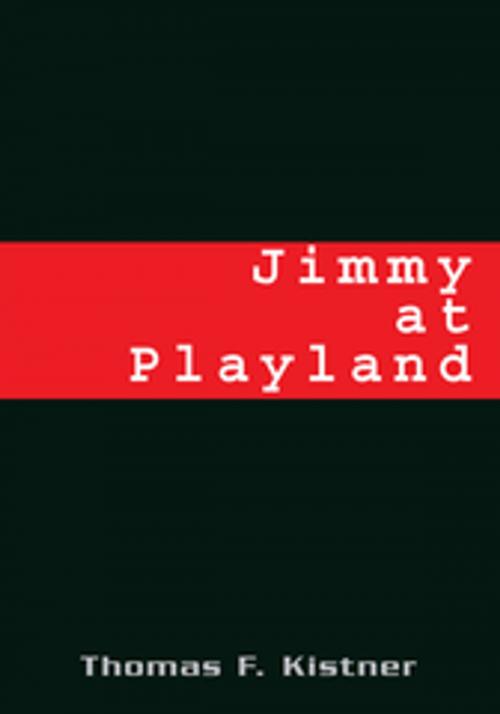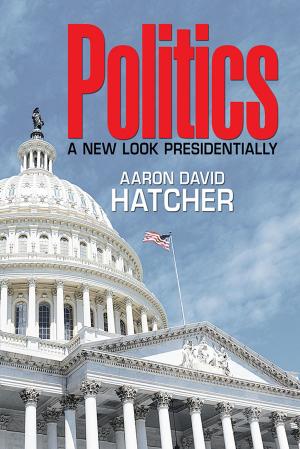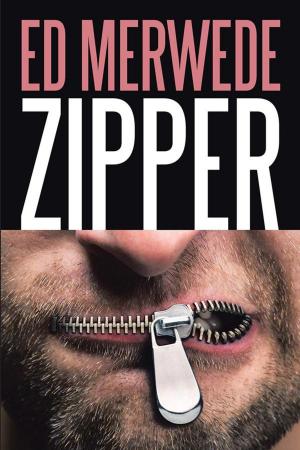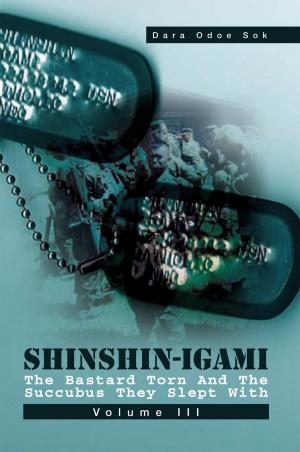| Author: | Thomas F. Kistner | ISBN: | 9781462831029 |
| Publisher: | Xlibris US | Publication: | August 29, 2000 |
| Imprint: | Xlibris US | Language: | English |
| Author: | Thomas F. Kistner |
| ISBN: | 9781462831029 |
| Publisher: | Xlibris US |
| Publication: | August 29, 2000 |
| Imprint: | Xlibris US |
| Language: | English |
Jimmy at Playland tells the story of Jimmy Hess and what brought him to the point of single handedly derailing organized crime in one of its most important markets.
Jimmy is raised by a loving mother, Mary, and a volatile, often cruel father, John. It is the great depression and jobs are hard to find. John is willing enough to work but is an inveterate gambler and the rent payment is often missed causing relocation after relocation and later a succession of new schools for Jimmy.
We get to know Jimmy and his Mommy during the early years, the pre-school years in the South Bronx. There never was a happier pair, in spite of the endemic hard times. And we get a close look at a developing Jimmy during the war years as he spends his time defeating the Japs in epic battles involving clothes pins and shoe boxes and eluding his fathers usually groundless wrath. The wartime economy has afforded the Hess a decent life in suburban New Jersey and John has a well paying pipe fitters job at the Kraut chemical plant nearby.
John Hess gambling catches up with him, big time, and he is forced to move his family into a supers platz back in the South Bronx. The free basement apartment and the $80 per month stipend will allow him to pay Mo Felberbaum, the bookie, the $1500 he owes. He keeps his regular job entailing an exhausting daily commute, making for a very long day and leaving much of the degrading supers work to Mary and 12 year old Jimmy. Jimmy attends PS.39 and learns quickly the only way to survive at an all boys junior high school, cited by Look magazine as one of the nations roughest, is with his fists.
Always the dreamer, John decides to book horse bets himself at work. After Mo declines an offer of half the profits in return for bank rolling the modest venture, John borrows $500 from his brother in law and moves ahead. He later learns that Mo is connected and was forbidden by his associates to bankroll John Working with Jews is bad enough but a German? a Kraut? no way! one Sicilian capo was reported to have said scornfully.
Jimmy at Playland tells the story of Jimmy Hess and what brought him to the point of single handedly derailing organized crime in one of its most important markets.
Jimmy is raised by a loving mother, Mary, and a volatile, often cruel father, John. It is the great depression and jobs are hard to find. John is willing enough to work but is an inveterate gambler and the rent payment is often missed causing relocation after relocation and later a succession of new schools for Jimmy.
We get to know Jimmy and his Mommy during the early years, the pre-school years in the South Bronx. There never was a happier pair, in spite of the endemic hard times. And we get a close look at a developing Jimmy during the war years as he spends his time defeating the Japs in epic battles involving clothes pins and shoe boxes and eluding his fathers usually groundless wrath. The wartime economy has afforded the Hess a decent life in suburban New Jersey and John has a well paying pipe fitters job at the Kraut chemical plant nearby.
John Hess gambling catches up with him, big time, and he is forced to move his family into a supers platz back in the South Bronx. The free basement apartment and the $80 per month stipend will allow him to pay Mo Felberbaum, the bookie, the $1500 he owes. He keeps his regular job entailing an exhausting daily commute, making for a very long day and leaving much of the degrading supers work to Mary and 12 year old Jimmy. Jimmy attends PS.39 and learns quickly the only way to survive at an all boys junior high school, cited by Look magazine as one of the nations roughest, is with his fists.
Always the dreamer, John decides to book horse bets himself at work. After Mo declines an offer of half the profits in return for bank rolling the modest venture, John borrows $500 from his brother in law and moves ahead. He later learns that Mo is connected and was forbidden by his associates to bankroll John Working with Jews is bad enough but a German? a Kraut? no way! one Sicilian capo was reported to have said scornfully.















